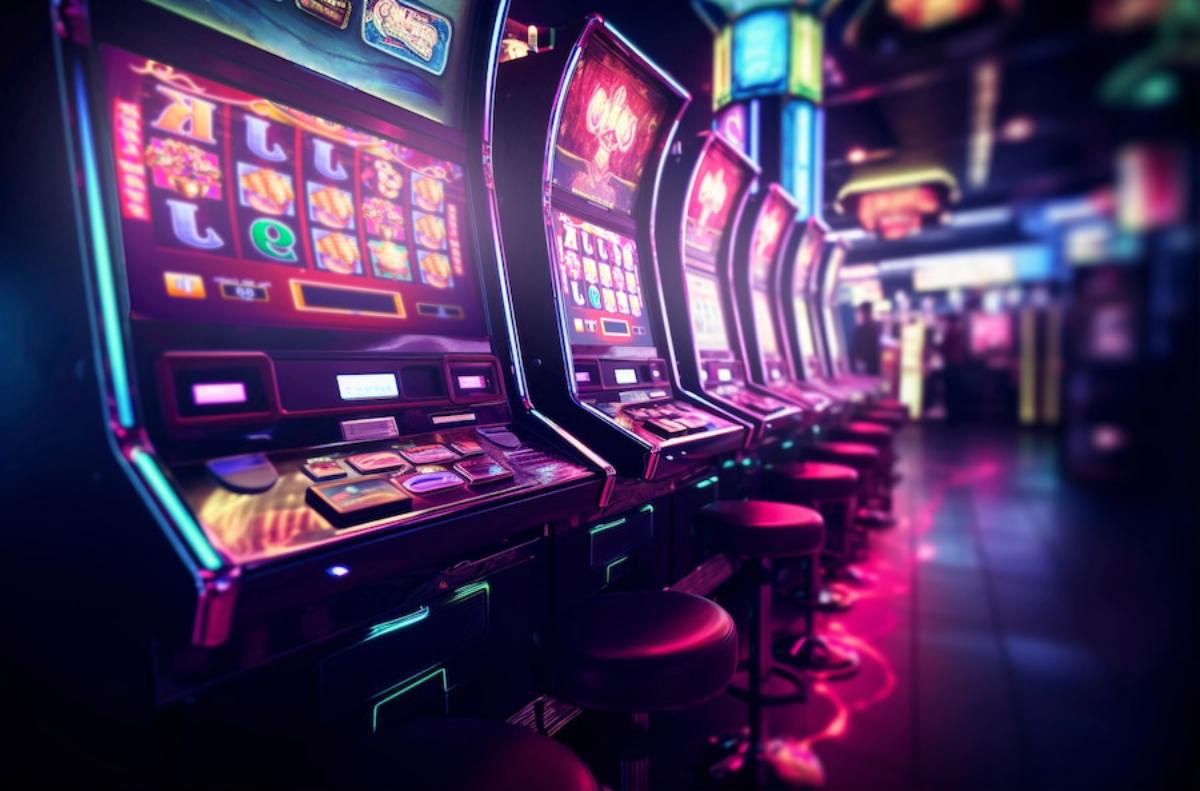The world of gambling has transformed dramatically from its early days of simple amusements and chance-based games. This change is especially evident in the development of slot machines, reflecting the wider story of technological and digital advancements. From the clang and clatter of the first mechanical devices to virtual reality, these machines have undergone a fascinating transformation that shows how culture, technology, and entertainment interact.
The Invention of the Liberty Bell Slot Machine
The Liberty Bell was made by Charles Fey as an indication that gambling had entered a new era that required inventiveness. Its simple but innovative design consisted of three spinning reels decorated with hearts, diamonds, spades, horseshoes, and its namesake, “Liberty Bell,” which provided a basis for future developments in this genre.
First, it attracted players because it was easy to play and relied on chance; second, it set a standard for other similar inventions that would be found in bars or online casinos later on. The importance accorded to this historical event by the Stakers team, whose expertise is rooted in deep knowledge of considerations for finding a casino suitable for any style, substantiates its cruciality.
The Beginning of the Digital Revolution
The leap from mechanical to digital platforms represents a significant chapter in the story of reel machines. With software replacing traditional levers and gears during this period, there were numerous online slots available. As such, developers could make different themes for their games due to digital technology, such as ancient civilizations or various creatures, including those in myths, as well as refer to the most popular movies or books around the world within them.
For example, apart from having colorful images accompanied by good sound quality, any other video game introduces features such as complex bonus rounds that give free spins or progressive jackpots, among many others. The digital revolution democratized this modality of gambling, making it possible so that NJ residents can find special casino bonuses and mobile apps, thereby increasing the number of gamers and changing how and where people play slots.
Exploring the Role of Virtual Reality
At the cutting edge of this gambling evolution lies the advent of virtual reality (VR) slots, heralding a new era of immersive gaming. VR technology goes beyond the traditional gaming experience, enabling users to interact in real time with fully rendered three-dimensional environments for games. This immersion amplifies the excitement and engagement, creating a sensory-rich experience that rivals physical casinos.
With VR headsets on, players can walk through these virtual spaces, pull the lever of a slot machine, or shout when they win, just as they would have done in a Las Vegas casino from their homes. The interactivity and realism offered by VR slots represent a significant leap forward that will redefine entertainment’s limits in no small way.
The Advent of Immersive Experiences
The evolution of these machines from the simple mechanism of the Liberty Bell to modern virtual reality slots is a larger story of invention and modification. Each step in this journey represents not just new technologies but deeper knowledge about what truly drives players. The fact that VR technology and digital platforms have been incorporated into slot gaming indicates a desire for more immersive, interactive, and enjoyable experiences.
As technology progresses, slot machines will also follow suit, as evidenced by future developments that are likely to blur the separation between the physical and virtual worlds as they move closer to combining gaming and storytelling in one place. The change in slot machines shows that playing games will always be popular and can survive in the digital age.














